Polish elections 2015: Who are the candidates and their parties?
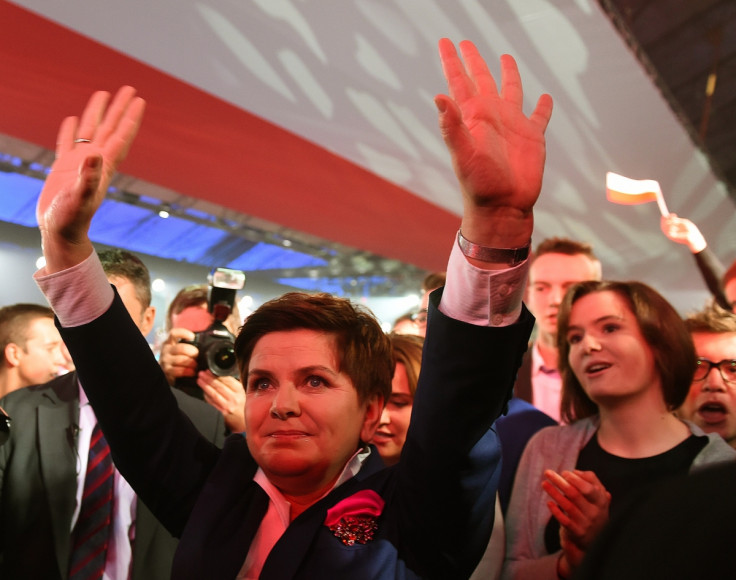
Poland will hold parliamentary elections to its lower house, the Sejm, and its senate on 25 October, in what could be the most significant election outcome in a generation. Voting will have repercussions across Europe, from determining the country's position on the refugee crisis, to a potential economic shift, as polls suggest the ruling party that saw Poland avoid the Euro crisis could lose power.
Post-communist Poland has never seen a single party command a legislative majority, which has meant rules under coalition governments as well as periods of minority rule. The previous elections in 2011 resulted in a coalition between the Civic Platform party and the Polish People's Movement. All seats of both houses are up for re-election on Sunday 25 October.
Ahead of the elections, here is a brief guide to the candidates and their political parties.
Ewa Kopacz, Civic Platform
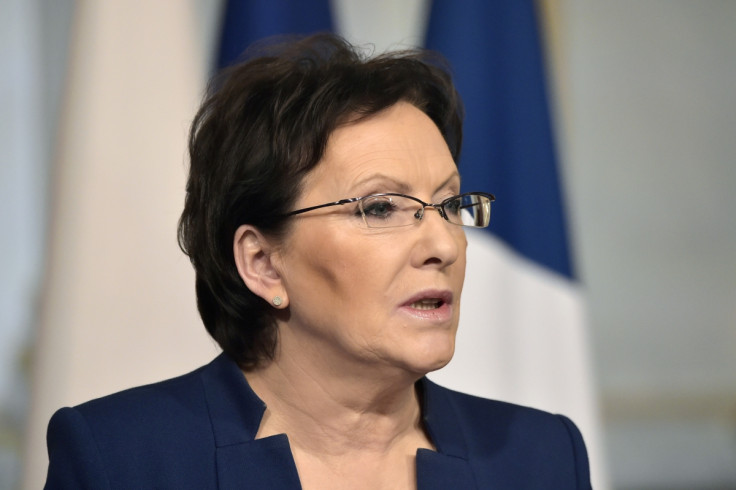
Kopacz succeeded Donald Tusk as prime minister in 2014, when he resigned to become president of the European Council. She is Poland's second female prime minister, after Hanna Suchocka, who held the position between 1992 and 1993. The centre-right Civic Platform has been the main governing party since 2007 and in the 2011 parliamentary elections, Kopacz took 39.2% of the votes with 207 seats.
The party represents pro-market elements in the government and compared to Law and Justice, which is currently frontrunner in the polls, Civic Platform tends to be more socially and economically liberal and less nationalistic. However, the party is opposed to abortion and same-sex marriage. In 2009, Civic Platform approved a law making chemical castration mandatory for paedophiles in some cases, sparking criticism from human rights groups.
Beata Szydło, Law And Justice
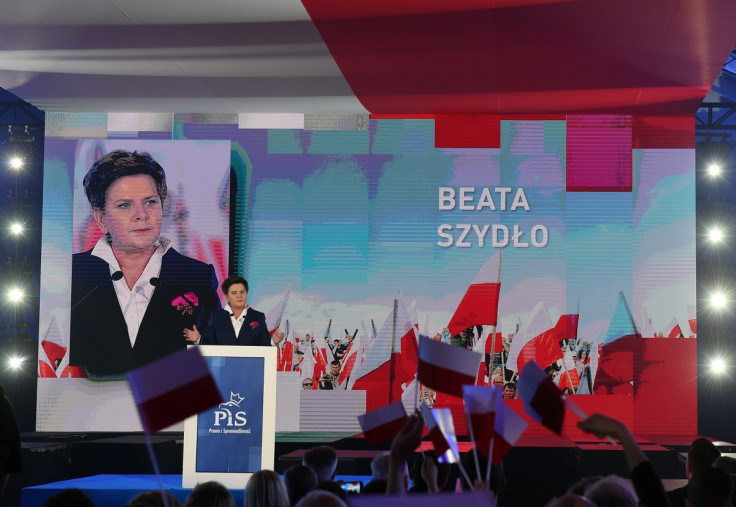
Szydło was elected as a member of the Sejm in September 2005. Opinion polls suggest the right-wing Law And Justice party will take over Civic Platform as the largest formation in the new parliament. The May presidential elections saw Andrzej Duda defeat incumbent Bronisław Komorowski, who was backed by Civic Platform. Since then, Law And Justice has maintained a lead over the ruling party.
The party is a member of the Alliance Of European Conservatives And Reformists, a European group that the British Conservatives also belong to. It was created in 2009 to campaign for the reform of the EU and is currently the third largest group in the European Parliament.
Barbara Nowacka, United Left
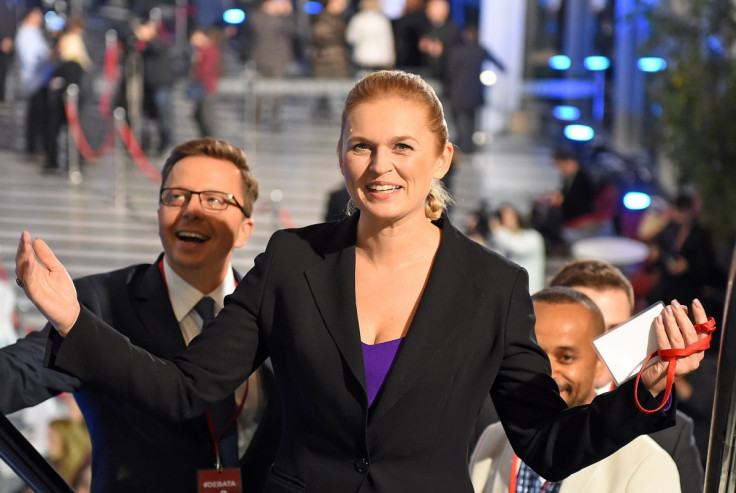
Nowacka is the leader of the electoral coalition United Left. She is the daughter of the former deputy prime minister Izabela Jaruga Nowacka, who died in the crash of the Polish Tu-154 aircraft in 2010 near Smolensk, Russia. The alliance of parties was formed in July by the Democratic Left Alliance, Your Movement, Polish Socialist Party, Labour United and the Greens, in part to contest the poor performance of the centre-left in the May election.
Key manifesto pledges include raising the minimum monthly wage to PLN 2,500 (£424), increasing pensions, cutting income tax for low-earners and lowering the retirement age, which was recently raised to 67. The coalition has spoken out in support of taking in refugees, a divisive issue in Poland. Nowacka also backs abortion and a more limited role for the powerful Catholic Church.
Janusz Piechociński, Polish People's Party
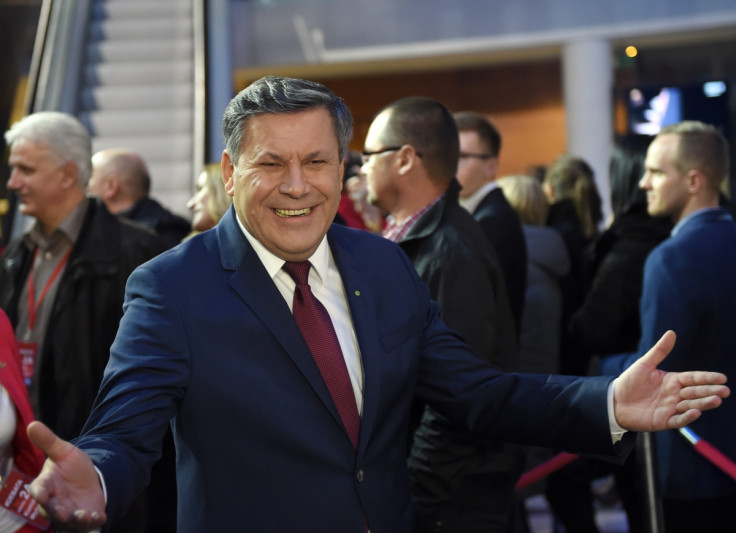
Leader of the agrarian Polish People's Party Janusz Piechociński has been the deputy prime minister of Poland since December 2012. In November 2012, he was declared the president of the party. The Polish People's Party was the junior party in the coalition with Civic Platform. The party − along with Civic Platform − are members of the European People's Party, the largest party in the European Parliament.
Janusz Korwin-Mikke, Coalition For The Renewal Of The Republic – Freedom And Hope
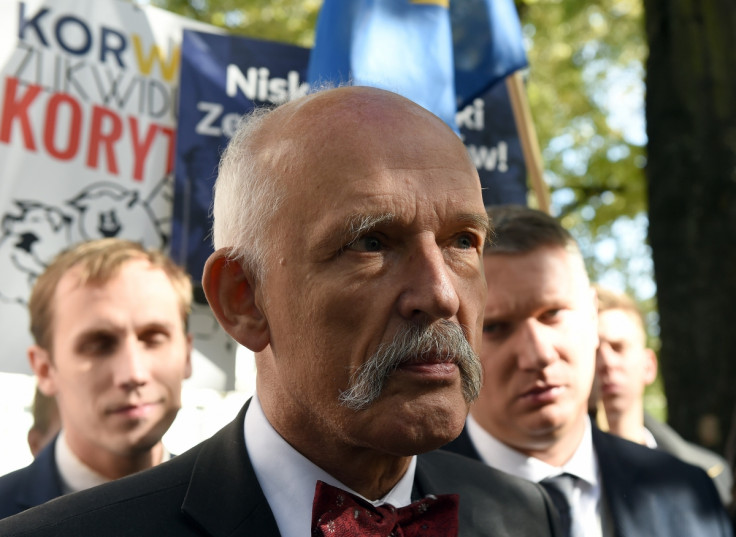
Janusz Korwin-Mikke is the founder of the eurosceptic Coalition For The Renewal Of The Republic – Freedom And Hope party. He is a conservative liberal commentator in Polish politics and currently the chairman of the party, and also holds the position as an MEP.
He has spoken out against the EU and women's suffrage and has defended Russia's annexation of Crimea. Korwin-Mikke also recently described migrants as "human trash" in the European Parliament.
Paweł Kukiz, Kukiz'15
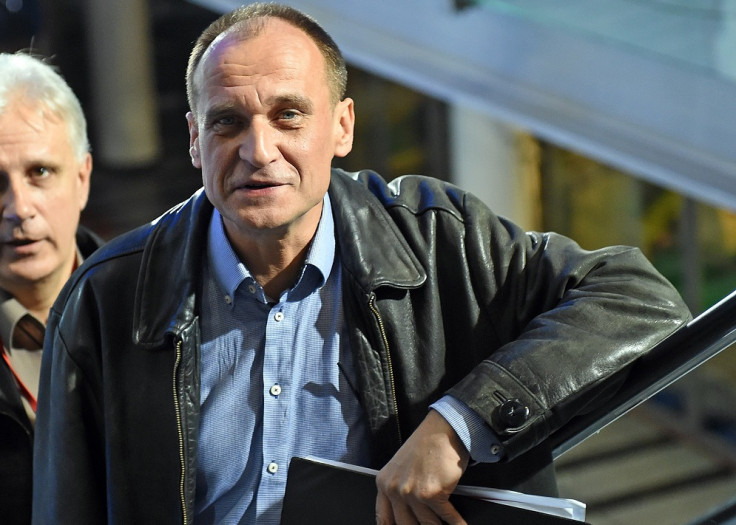
A former rock star, Pawel Kukiz came in third in May's presidential elections, taking more than a fifth of the vote. His popularity has appeared to have waned since, according to polls. The anti-establishment party campaigned for electoral reform. Prior to his political career, he sang in a band called Piersi or Breasts.
Adrian Zandberg, Together
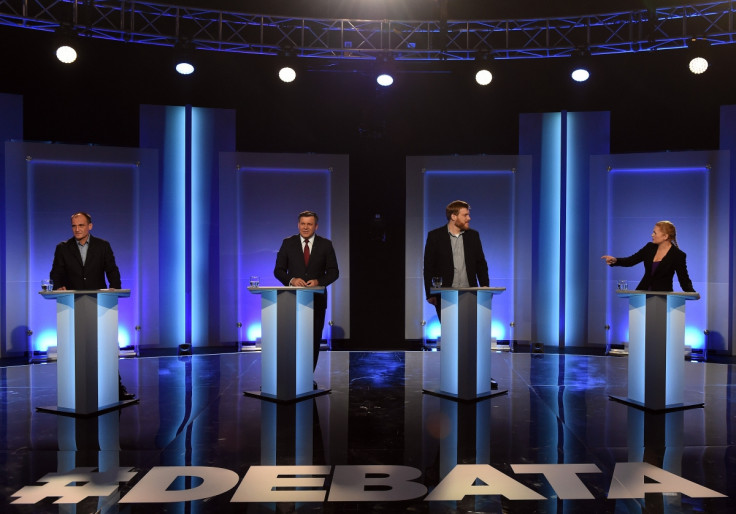
The Together (Razem) party, not to be confused with Poland Together, formed in May 2015 and advocates labour rights and opposes deregulation. A social democratic party, it advocates gender equality, sex education and LGBT rights. Although polls suggest the party is unlikely to get into parliament, Adrian Zandberg was a surprise hit at a recent pre-election debate, prompting Polish media to re-examine the 36-year-old leader and raising the Razem's profile from relative obscurity.
Ryszard Petru, Modern
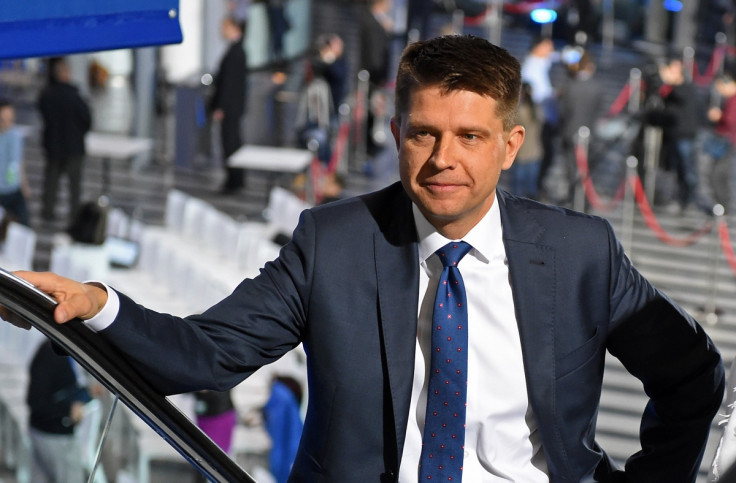
Modern is an economically and socially liberal party founded in May 2015 by Ryszard Petru, who worked as an economist for the World Bank, Price Waterhouse Coopers and several Polish banks. Petru also heads the Polish Association of Economists.
© Copyright IBTimes 2025. All rights reserved.






















